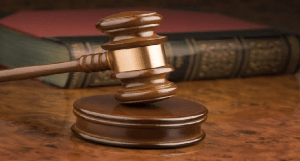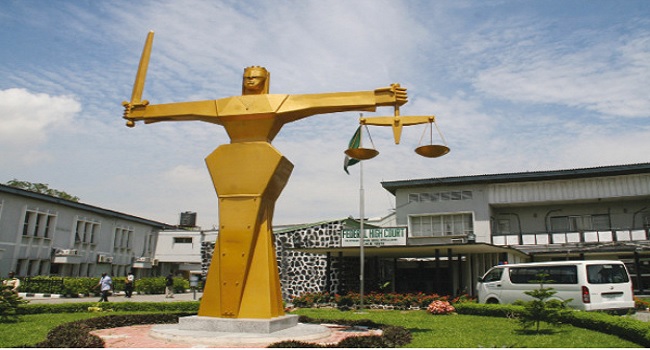
Justice Ibrahim Buba fixed the date to allow the prosecution effect service of the 20-count criminal charge on the defendants for an alleged fraud of 2.6 billion Naira.
When the case came up in court on Wednesday, only the first defendant was represented.
The prosecutor, Mr Gordy Uche, told the court that the prosecution was still faced with difficulty in effecting service of the charge on the other defendants.
He consequently sought for an order to serve them through substitute service.
Justice Buba granted the application and ordered that the court processes be served on the defendants through their place of residence.
In the charge, the defendants were alleged to have conspired among themselves to induce MicMerah International Agency Limited to deliver the said sum to them, to be used for offsetting a fraudulent import finance facility scheme.
They were also alleged to have falsified documents to fraudulently secure the release of four Volvo luxury buses and two 40-feet containers from the Nigeria Custom Service.
They are also to face a charge of obtaining property by false pretence and as corruptly enriching themselves.
The offences were said to have contravened the provisions of Sections 1(1) (a), 1(3), and 8 (A), of the Advanced Fee Fraud and Other Related Offence Act, 2004.
They also violated Sections 161 and 162 of the Custom and Excise Management Act; Section 516 of the Criminal Code Act, 2004 as well as sections 2, 2(1) and 10 (1) of the Recovery of Public Property Act, 2004.
If found guilty, the law stipulates a period of 20 years imprisonment.

